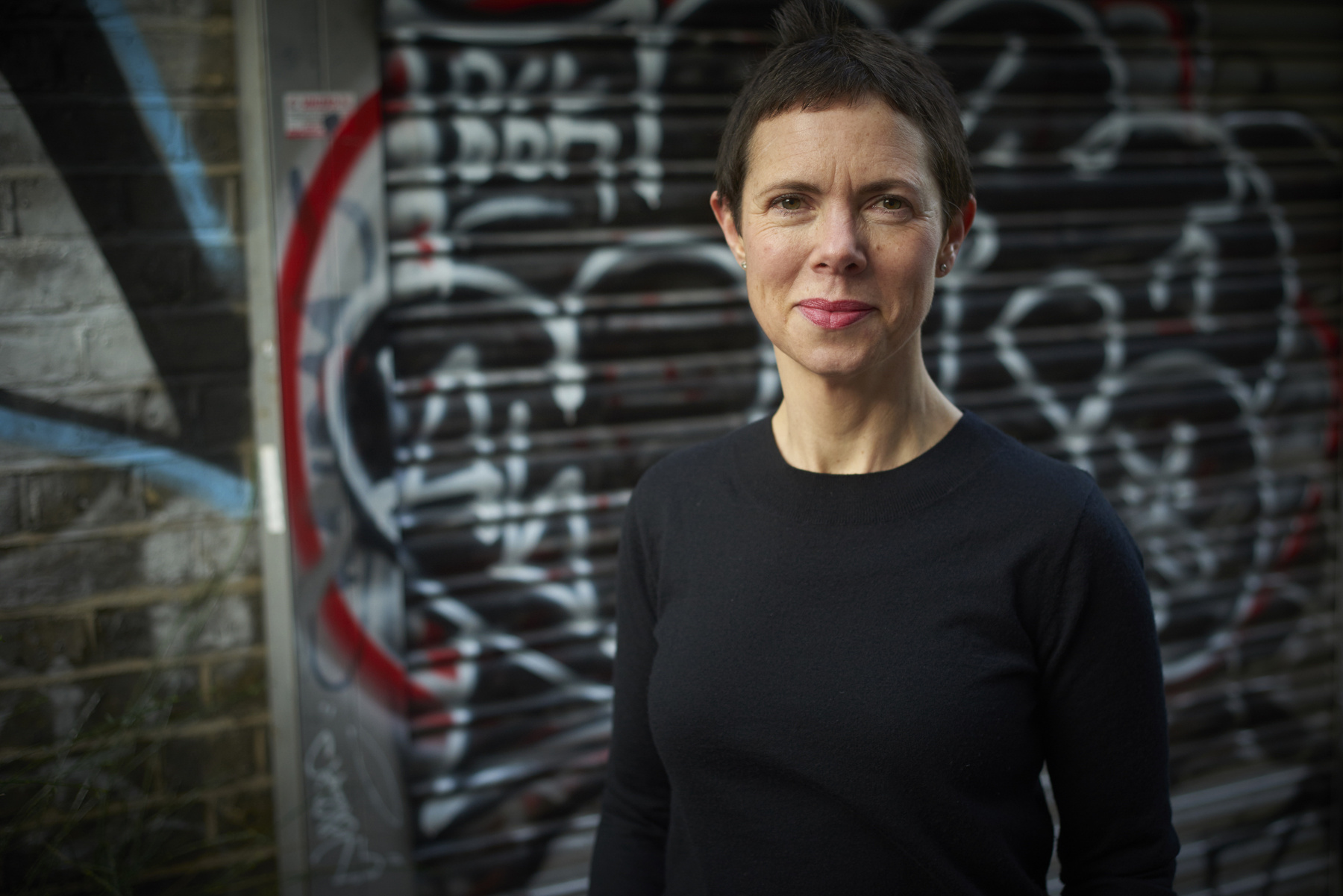
Looking back and moving forward
Hilary Cottam, the originator of the concept of relational welfare, will engage in a conversation with the founder of the conference, CRECEAs director, Jacob Storch, drawing connections from the past into the future.
“Since we first began, quite a lot of work has been done,” says Hilary Cottam, mentioning Aarhus, Roskilde, and several municipalities in Norway as examples of how Scandinavia has been working with relational welfare for years.
She particularly highlights the work with relational welfare in Aarhus:
“The work in Aarhus is so interesting – the staircase by staircase, because they started the work like that as a project outside philanthropic funding, and I said to them: ‘You know, it will never survive.’ But actually, it has. It’s so fantastic that they have.”
The conversation between Hilary Cottam and Jacob Storch will be guided by questions from the audience, giving you the opportunity to influence its direction – more on that later.
Hilary Cottam explains that there is a huge appetite for relational welfare, but a massive gulf between the potential to actually do the work and simply talking about it.
She has a fundamental call to action for the Danish people: We must seize the opportunity to work with relational welfare while we still can. “If you want to change a system, you have to have the resource to re-gear the alternative system. And at the moment, there is still that resource in Denmark,” she says, referring to the UK, where she has been advocating for relational welfare “forever”.
“Now, suddenly, we've got ministers of state who are like: ‘Hilary, can we do this work?’ But they haven't got any budget to do the work. Ten years ago, there was a budget, but there isn't now. So I think this is what Denmark can learn.”
She has no doubt that Denmark needs to hurry up. Hurry up working at a political level – even at a national political level, there are open minds for these ideas.
She explains that relational welfare was initially not considered a political agenda. It was shaped and crafted in a practice domain:
“How do we work with the people who are left outside of society? But now it is being thought of as something that could be part of a national strategy for how we talk about relational welfare in the future.”
How do you think we should talk about relational welfare, and what impact will this way of thinking have on the Danish welfare state?
What questions would you like to ask Hilary Cottam at the conference?
Hilary Cottam is an internationally recognized author, innovator, and change-maker. She combines new ways of thinking with radical, hands-on practice. Hilary lives in London and has studied at Oxford, Sussex, and the Open University. She holds a PhD in social sciences and is an honorary professor at the Institute of Innovation and Public Purpose at UCL.
